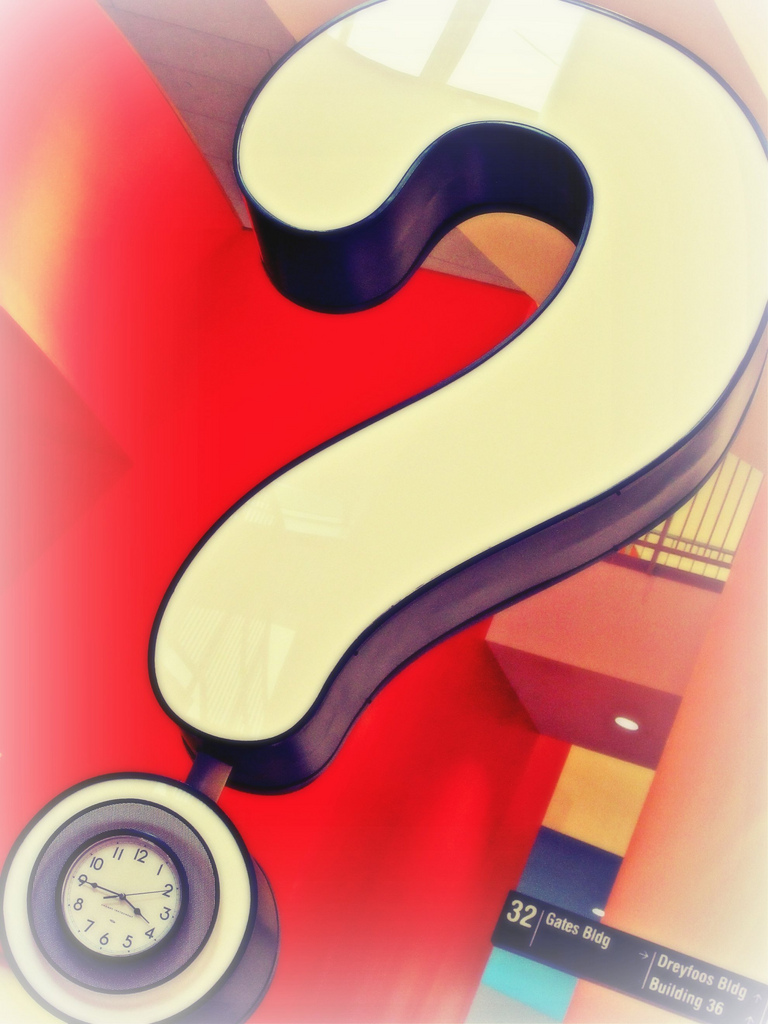Science editors and writers (any editors and writers, for that matter) all have their own pet peeves when it comes to the written word. When I’m reading something for my own interest or education, I’m relatively forgiving about how it is written – provided the content, spelling and construction are good. In a nutshell, you’re not going to find me squirming when I see a split infinitive, or wagging my finger if someone’s describing their experiment in the first person.
When it comes to editing scientific work for others, however, I work hard to do whatever it takes to turn someone’s manuscript into more than just legible. I strive to make it flow well, and do whatever possible to ensure that it fits the journal’s guidelines if an author has asked me to do the latter.
In fact, I always guarantee an author that their article will not be rejected on the basis of its English content. I tell them that if they accept all my grammatical/spelling edits, I will be happy to address any required language changes after review, at no extra charge.
I’ve been involved in writing and editing scientific manuscripts since 1992, and have never received any editor’s comments requesting grammatical changes. Until three days ago!
f
F
My Friday morning started off with an email from a client who is a non-native English speaker. I’d edited his paper in May, and he’d recently submitted it to a scientific journal. His letter from the editor suggested that he use a native English-speaking scientist or medical editor to correct his article.
Hadn’t I already done that? I was naturally very confused, having spent many hours dutifully re-crafting his article.
It didn’t take me long, however, to determine the source of the problem. Despite the author’s message that no changes had been made to my originally edited version, I found plenty of evidence to the contrary.
The author had not only declined to accept the majority of my edits before submitting his article, but additionally had added in some extra text here and there before submitting. This combination didn’t do his great experimental science any favors. Consequently, it’s not surprising that there was a request for the paper’s grammar to be corrected.
The net result was that I spent about 4 hours yesterday and today resuscitating the manuscript. Rather frustrating, but hopefully the author now more than fully understands the benefit of hitting “accept all changes”.
g
Do you have any writing or editing pet peeves?
g

What a great story! I can only imagine the challenge of communicating complex ideas in a non-native language for your author. And for you–trying to maintain the purity of his thoughts when English doesn’t always translate well (by which I mean, he may have struggled to translate his thoughts into English and not always found the right words). I don’t envy you that job.
I hope it had a happy ending.
You’re right, Jacqui, it’s challenging all-around. Non-native English speakers have it tough describing their work in a way that is acceptable for publication, but it can still be challenging for editors who are copyediting their work. I’m always careful to highlight anything when I am even vaguely concerned that I may be altering their intended commentary! This story ended up ok, thankfully. A third party has been involved as a translator/mediator between myself and the author, so between us we were able to sort the matter out! I was pleased about that.